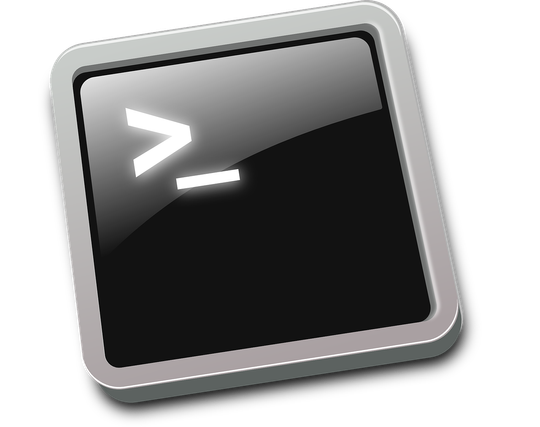I will be moderating an executive round table via Zoom from 3:00-4:30pm US/Eastern tomorrow for The Ortus Club. The topics are ones I’m always passionate about: #cybersecurity & #businessresilience.
This is a peer-driven round table. No one’s pitching anything. The goal is to bring a broad spectrum of industry luminaries together to share their experiences, insights, and collectively brainstorm about ways to future-proof our security strategies.
The round table is open to IT & cybersecurity leaders in North America. Space is limited, but there are still a few no-cost seats remaining for the #thoughtleaders in my extended network. You can sign up at the link below, but the clock is ticking.
No matter how well-attended these events are, it’s always more fun with a friendly face or two in the crowd. I hope yours will be one of them, and look forward to seeing you there!
Why Legacy Cybersecurity is Putting Your Business at Risk—And How to Build… | Todd A. Jacobs
I will be moderating an executive round table via Zoom from 3:00-4:30pm US/Eastern tomorrow for The Ortus Club - Executive Knowledge Sharing. The topics are ones I’m always passionate about: #cybersecurity & #businessresilience. This is a peer-driven round table. No one’s pitching anything. The goal is to bring a broad spectrum of industry luminaries together to share their experiences, insights, and collectively brainstorm about ways to future-proof our security strategies. The round table is open to IT & cybersecurity leaders in North America. Space is limited, but there are still a few no-cost seats remaining for the #thoughtleaders in my extended network. You can sign up at the link below, but the clock is ticking. No matter how well-attended these events are, it’s always more fun with a friendly face or two in the crowd. I hope yours will be one of them, and look forward to seeing you there! https://lnkd.in/ePaFaJDs



